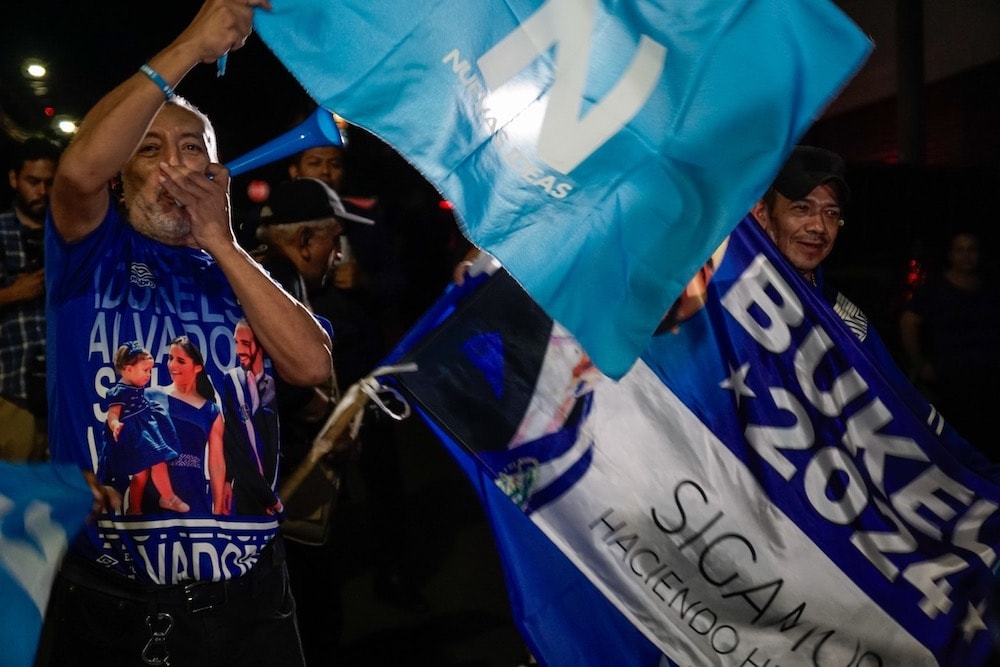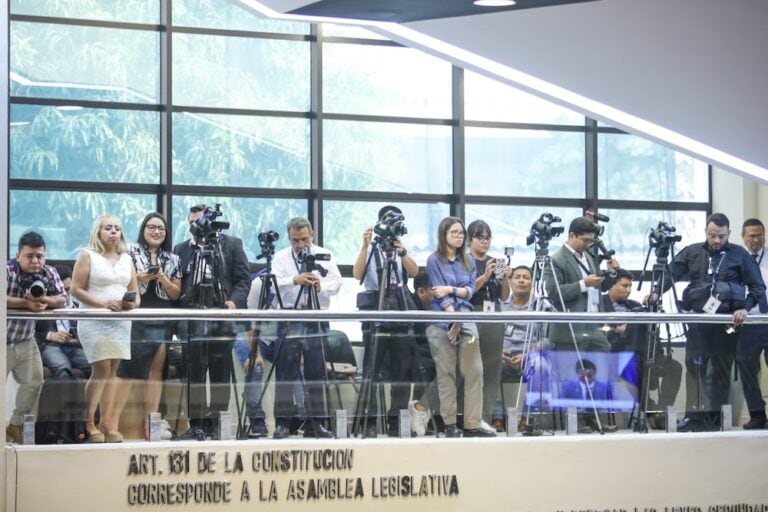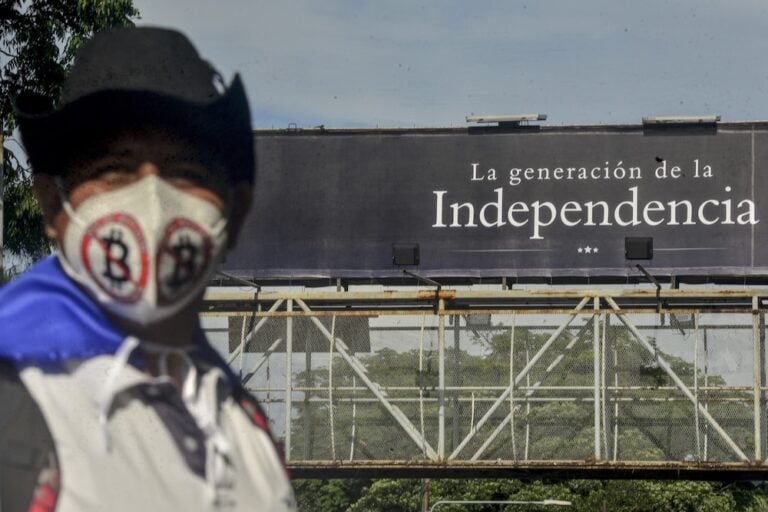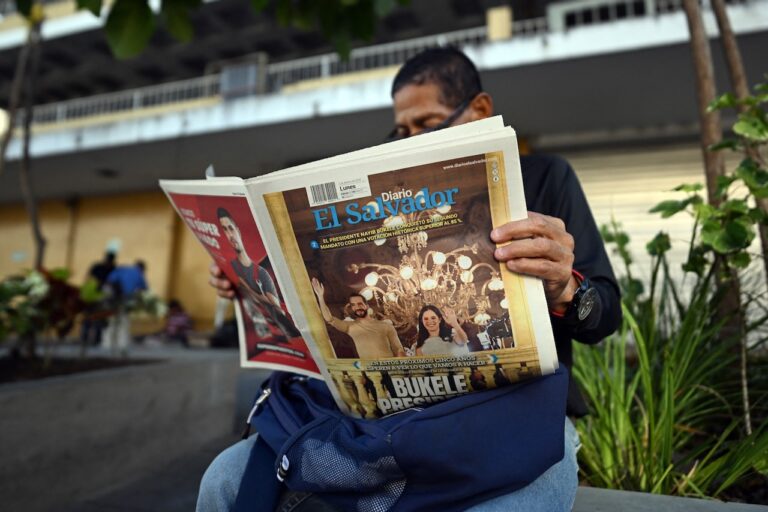The political landscape going Into the 2024 elections.
This statement was originally published on globalvoices.org on 13 December 2023.
Can the Bukele opposition gain control of the legislative branch?
It is December, and Salvadorans are preparing to celebrate one of the most anticipated holidays of the year, Christmas. Usually, during these celebrations, most Salvadorans worry about what to do for the holidays and if they have enough money to survive the month. However, this year, there is an added element that most Salvadorans must contemplate going into 2024: the upcoming presidential and legislative elections.
The elections, scheduled for February 4, are of great importance as they will mark the direction of the country and its political landscape. Salvadorans must decide whether to continue to entrust control of the legislative branch to President Nayib Bukele’s political party and its allies, similar to the last three years, or give it to the opposition. There will be presidential elections on the same day; however, for the country’s presidency, the political landscape is straightforward: polls show Bukele has overwhelming support to secure re-election and govern El Salvador at least until 2029.
Read more about Nayib Bukele’s easy path to a second presidential term in El Salvador.
Asserting that Bukele will secure re-election is not difficult to forecast due to his consistently high approval and weak political opposition, clearly visible in recent presidential candidate surveys. To date, three surveys on the presidential election have been published – one by Disruptive Magazine of Gavidia University, one by CID Gallup, and the other by UCA University. All surveys show a vote intention gap of over 59% between Bukele and any of his opponents, a gap too big to overcome in less than two months.
Joel Sanchez, a U.S.-based businessman of the right-wing political party ARENA, holds the second position with a 2.9% average in voting intention. Not that far behind in third position is Manuel Flores of the left-wing political party FMLN; he holds a 2.5% voting intention average. Flores served as the mayor of Quezaltepeque from 2003 to 2012 and later as a deputy in the Legislative Assembly from 2012 to 2021.
Legal experts and opposition figures articulate that Bukele’s candidacy is illegal because it violates at least four articles of the constitution. Yes, at least four articles of the Salvadoran constitution prohibit re-election; however, it was a resolution by the Salvadoran Constitutional chamber that allowed Nayib Bukele to register as a presidential candidate. “It is up to the people to decide whether the president should continue or opt for another option,” noted the resolution issued by the constitutional chamber in 2021.
Even Bukele critics understand that he will win re-election, such as the case of Oscar Martinez, editor-in-chief of El Faro online newspaper, a detractor of Bukele and his administration. Martinez told Confidencial the following in an interview:
Despite everything, he [Nayib Bukele] is the most popular president in Latin America, and he will “win” his re-election because he has no counterweights, much less candidates to challenge him for power. The other parties are crushed, not only by their incompetence and corruption. So Bukele will govern for five more years and possibly will feel like governing for more years than that.
With Bukele poised to lead the nation for another five years, Salvadorans must make a crucial decision regarding control of the legislative branch – whether to entrust it to Bukele’s political party and its allies or the opposition.
The legislative branch is the only one that can put checks and balances on Bukele. Should Bukele’s political party and allies retain control of the legislative branch, he will continue to have the authority to pass any legislation of his choosing, as has been the case since May 2021. Legislators supporting Bukele, often referred to as the Cyan Bloc for the color of the New Ideas (Nuevas Ideas) party, have remarked that they were elected to approve any initiative by President Bukele and will continue to do so if re-elected.“The Cyan deputies are ready to continue providing the governance that President Nayib Bukele needs,” stated Deputy Christian Guevara during an event to officially launch the New Ideas political party campaign for the legislative elections.
On the other hand, if the legislative political landscape were to change and Salvadorans gave the opposition control of the legislative branch, the president would have a more challenging time governing. Opposing legislators seeking re-election have made it clear that if they win control of the legislature, they will put control on the Bukele administration.
Opposition deputy Claudia Ortiz of the VAMOS political party wrote on the X social platform that control of the legislative assembly is the key. Ortiz is running for re-election.



